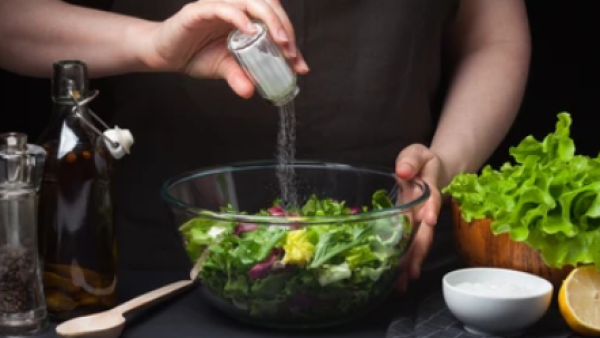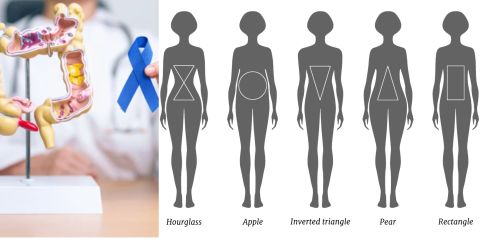ALBAWABA In the realm of health, dietary choices often take center stage. From the ongoing debate over fats and carbs to the nuanced discussions around sugar and protein, what we eat can significantly impact our well-being.
Now, a recent study published in the journal Gastric Cancer has shed light on a potentially alarming correlation: the link between salt consumption and stomach cancer.
The study, drawing upon data from over 500,000 individuals in the United Kingdom, delivered a sobering finding: those who consistently added salt to their food experienced a 41% higher risk of developing gastric cancer compared to those who rarely indulged in this habit. While this revelation might prompt immediate concern, it also begs the question: how significant is this risk, and what factors contribute to it?
Stomach cancer, though less prevalent in Western countries compared to regions like East Asia and Eastern Europe, remains a formidable global health concern. The National Cancer Institute underscores that dietary habits play a pivotal role in its prevalence.
Notably, diets characterized by low fruit and vegetable intake, alongside the consumption of salted, smoked, or poorly preserved foods, are associated with heightened stomach cancer risk.
The recent study echoes these insights, particularly emphasizing the dietary practices prevalent in Asian populations. High salt intake, often stemming from salted fish, pickled foods, and processed meats, contributes to elevated stomach cancer rates in these regions.
However, the study also underscores that this correlation extends beyond geographical boundaries, implicating Western populations as well.
Despite these compelling findings, it's essential to approach them with a critical lens. The study's authors caution that certain limitations warrant consideration.
For instance, while the association between salt consumption and stomach cancer risk appears robust, the study lacked sufficient data to explore potential modifiers such as age, ethnicity, or smoking status. Moreover, the inherent challenges in accurately measuring dietary salt intake introduce an element of uncertainty into the findings.
Nevertheless, the implications are clear: reducing salt intake may serve as a preventive measure against stomach cancer.
This assertion gains further urgency against the backdrop of rising cancer rates globally. A recent report projecting a record 2 million cancer diagnoses in the United States alone underscores the pressing need for proactive measures to mitigate this trend.
In light of these developments, individuals can take proactive steps to safeguard their health. Embracing a balanced diet rich in fruits and vegetables while minimizing the consumption of salted and processed foods represents a prudent strategy.
Additionally, fostering awareness about the potential risks associated with excessive salt intake can empower individuals to make informed dietary choices.
Ultimately, while the link between salt consumption and stomach cancer risk warrants attention, it's crucial to recognize the multifaceted nature of cancer prevention.
By adopting a holistic approach to health that encompasses dietary modifications, regular exercise, and routine screenings, individuals can navigate the complex landscape of cancer prevention with greater resilience and awareness.








